Trouble Sleeping? New Research Tells Us Why & What to Do

Raise your hand if you have trouble sleeping?🖐️Yeahhhhh… If you’re over 40, you’re not alone! I struggle with it, too! Sometimes I can’t fall asleep. Sometimes I can’t stay asleep. And sometimes I wake up too early.
This is a serious issue. Not getting enough sleep is linked to a shorter life expectancy, weight gain, increased blood pressure and cholesterol levels, a higher risk of heart disease, and even some types of dementia.
Thankfully, a new 2023 study by the National Sleep Foundation sheds some light on the subject and can help us know what to do about it. With the busy holiday season coming, it’s time to work on this!
Trouble Sleeping? Here are the Issues
Typically, starting in midlife, people wake more often, have more trouble falling back asleep, and tend to rise for the day too early. (Someone has clearly been spying on me!😆)
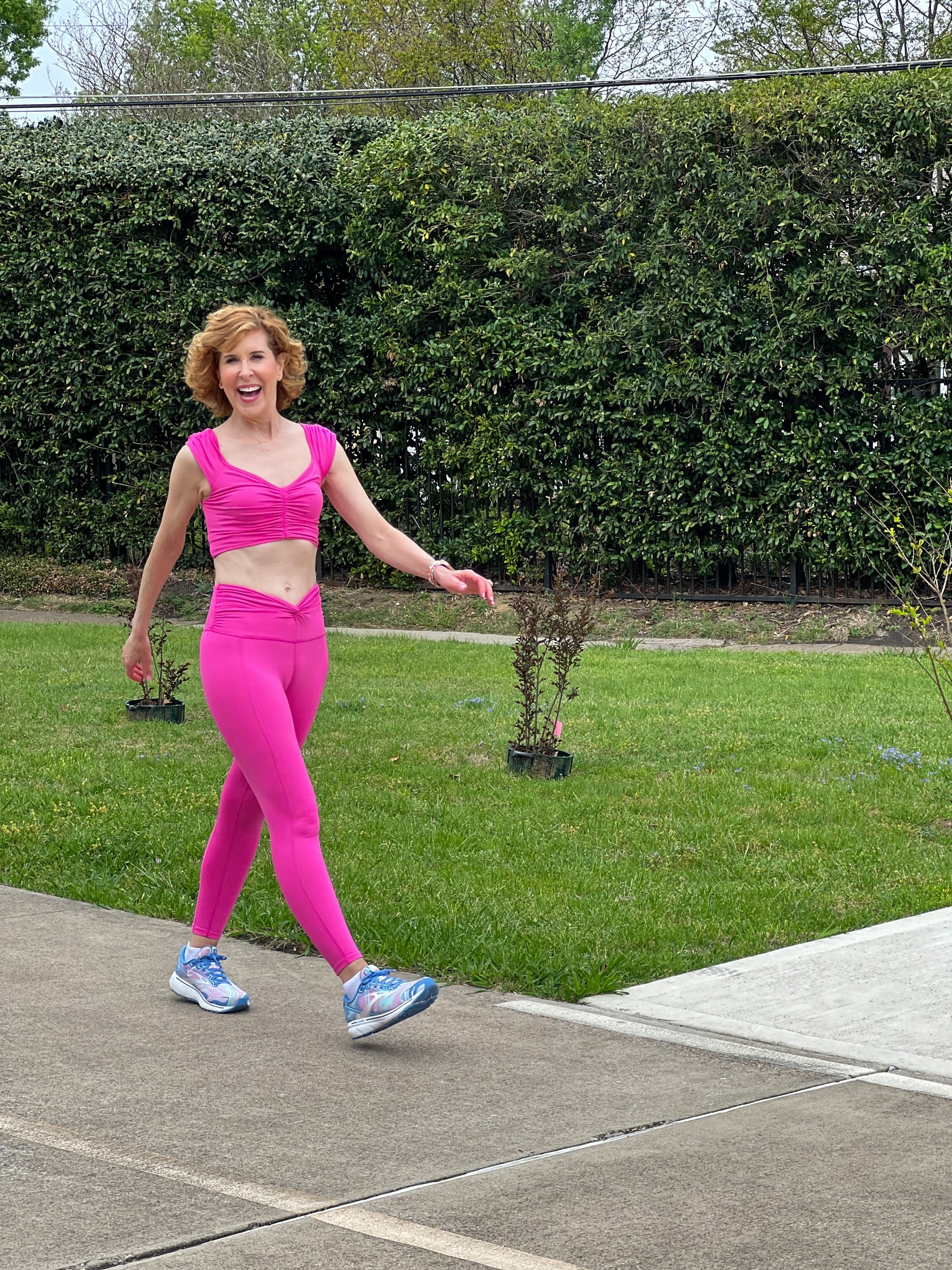
How to Lose Weight
When You’re Over 50
Already a subscriber? Enter your email – you won’t be subscribed twice!
According to the Sleep Foundation study, about 55% of Americans aged 40-49 and about 58% of those ages 50-64 have “low general sleep health.” The reasons:
- Stress
- Medical Conditions
- Normal Biological Changes
Let’s break down age-related sleep issues and figure out what to do.
Sleep “Architecture” Changes
Sleep architecture is the basic pattern of normal sleep. You experience two main types of sleep—rapid eye movement (REM) and non-rapid eye movement (NREM). Experts identify these types using brain-wave patterns, eye movements, and muscle tone. NREM sleep is divided into stages 1, 2, 3, and 4, representing a continuum of relative depth. Stage 3 of NREM sleep is the deepest sleep of the sleep cycle.
The Problem:
I hate to break it to you😬, but sleep changes start in your 20s. Starting then, the amount of deep, restorative sleep we get at night begins declining. By our 40s and 50s, it becomes noticeable. What makes this even more troubling is that deep sleep is critical for repairing muscle and bone and strengthening your immune system. Researchers believe this is tied to the decline in the number of neurons in the brain that promote sleep and wakefulness as we age.
What You Can Do:
Although we can’t reverse age-related sleep changes, we can double down on good sleep practices. Here’s what the experts suggest:
- Maintain a regular sleep-wake schedule. Figure out what time you need to get up. Count back 8 hours. That’s your bedtime.
- Try not to think of sleep as a chore, but as something to look forward to each day.
- Be physically active during the day.
- Avoid caffeine eight hours before bedtime.
- Keep the bedroom cool, dark, and quiet.
- Prompt your body and mind that sleep is coming with a relaxing wind-down routine.
- Avoid screens for 1-2 hours before bed.
- If you awaken, DO NOT look at the clock or your phone. (I told you, Bob!🤣)
- If you cannot get back to sleep, get out of bed and do something soothing like reading📖or listening to music🎶until you feel sleepy.
One thing I’ve found that works for me is to signal to my body that sleep is coming by easing myself toward relaxation as soon as I “finish” my day. If I’ve been out of the house, I change into loungewear as soon as I get home! If I’ve been working from home, I make the change as soon as I am done for the day and even before I make dinner. If Bob and I go out to dinner, I get into my pajamas as soon as I get home.
Sleep Disorders Become More Common
Sleep apnea becomes more common in your 40s and 50s, especially in men. (Rates for women tend to rise after menopause.) Part of the reason for this is midlife weight gain—specifically in the neck. (The extra flesh can compress the airway.) It’s not just weight gain, though! That age-related sagging that we fight so hard in our faces😆and upper arms💪also affects the tissue in our throats—making our airways more prone to collapsing, causing sleep apnea.
It’s probably not news to you, but insomnia (having trouble falling or staying asleep) also becomes more of an issue in midlife🙄. Experts say the number one reason for insomnia is…drumroll, please🥁…stress. Although stress can affect us at any age, midlife can be particularly challenging, juggling kids, aging parents, and work responsibilities—likely in high-level jobs. (For more details on midlifers as the sandwich generation, see THIS post.)
Lack of sleep raises adrenaline and cortisol levels, creating many biochemical effects in the body. When stress hormones can’t power down long enough, it can lead to significant health problems. Not enough sleep means the brain never has a chance to file the day’s events properly because the fact-storing function occurs during the three phases of non-REM sleep. Emotional processing happens during REM sleep, when dreams are formed. REM sleep is critical for emotional memories—how we relate to other people—making it essential for our mental health.
What You Can Do:
Mild cases of sleep apnea can often resolve with weight loss, a change in sleeping position, or an over-the-counter oral device. (Bob uses THIS one, and it’s really helped his snoring.) More serious cases of sleep apnea can be treated with CPAP machines that utilize air pressure to open the airway.
For insomnia, stress relief is vital. Experts recommend exercise (which may be as effective as an anti-depressant), journaling, praying, or talking with a friend, pastor, or counselor to help manage stress.
Unbelievably SOFT V-Neck Sweater made from recycled yarn – Also in dark green. (Both 25% off right now.) | Unbelievably SOFT Tapered Pants made from recycled yarn – Also in dark green. (Both 25% off right now.) | Tory Burch “Huggie” Earrings | Monogram Pendant Necklace
Perimenopause & Menopause Issues
Perimenopause and menopause symptoms include hot flashes, night sweats, and hormonal fluctuations, which can fuel anxiety and depression. In addition, the loss of estrogen and progesterone contributes to women’s increased risk of post-menopausal sleep apnea.
What You Can Do:
For hot flashes and sleep problems, hormone therapy (either estrogen alone or combined with progesterone) can provide relief. If you can’t or don’t want to use hormones, antidepressant medications can also be used to treat the same issues. Treating those issues can significantly improve sleep, along with pajamas and cooling sheets designed to help with this issue specifically.


Cool Nights Short-Sleeve Top + Pants Set (30% off right now!) This is part of Soma’s Holiday Cool Nights line. | (Similar) Slippers | Frontgate Resort Collection Ladder Stitch Bedding | Bedsure Cooling Sheets
I sleep almost exclusively in Soma’s Cool Nights sleepwear for this very reason! Not only that, but when we furnished our little loft in Waco, we opted for Bedsure Cooling Sheets. They’re made from rayon derived from bamboo and feel cool to the touch. They’re such a reasonable price and right on Amazon.
Health Issues
Midlife health issues can also affect your sleep. Here are some of the worst offenders:
- Back pain
- Arthritis
- For men in their 40s and 50s, more frequent bathroom trips caused by an enlarging prostrate.
- Medications (Even blood pressure medicines can interfere with sleep!)
What You Can Do:
Although your health condition may be long-term or chronic, there are things you can do to take back some control.
- Address underlying health conditions and treat pain with “alternative” therapies like heat, massage, and physical therapy if possible.
- Drink all of your fluids at least two hours before bed. (And avoid alcohol.)
- Ask your doctor or pharmacist to review your medications to see if any might be contributing to your sleep problems. You may be able to change something as simple as the timing or even the type of medication to make them less likely to disrupt your sleep.
While there’s no doubt that stress, illness, and biological changes can cause sleep trouble, there are things you can do about it! I’m right there with you, my friends!
If you enjoyed this post, you may have a friend who would enjoy it too! Would you consider sharing it with others? Tap the icons at the bottom of the page where you see “Share This Post.” You can also Pin the image below on your Pinterest page! Be sure you’re following me on Pinterest, too!






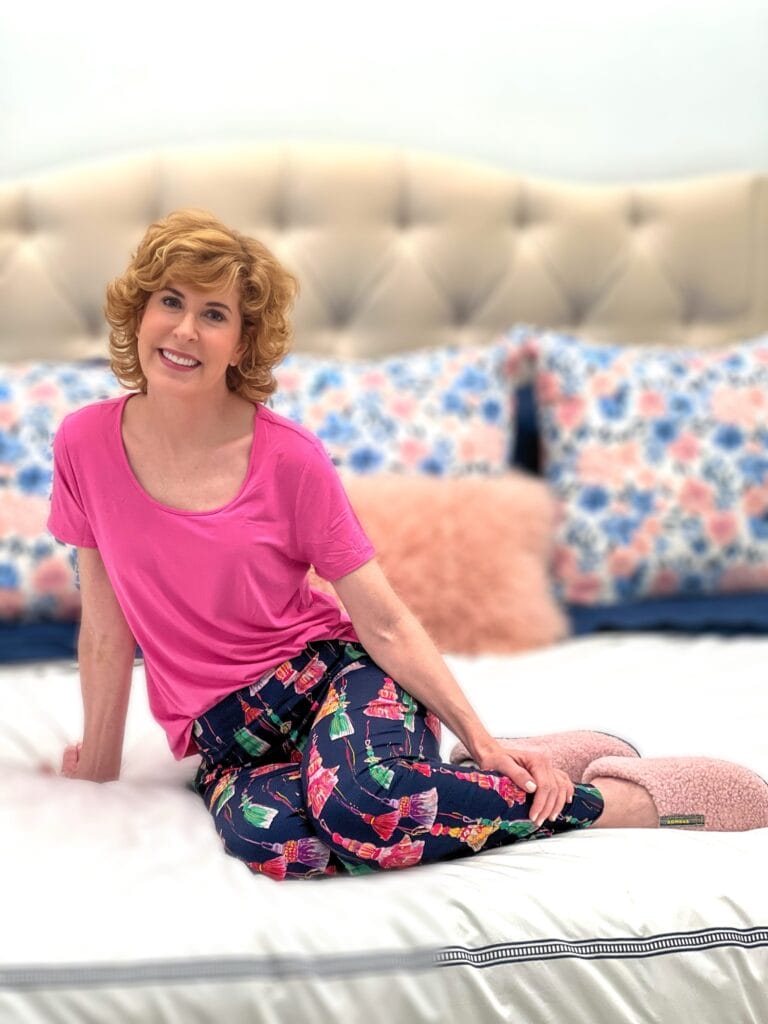





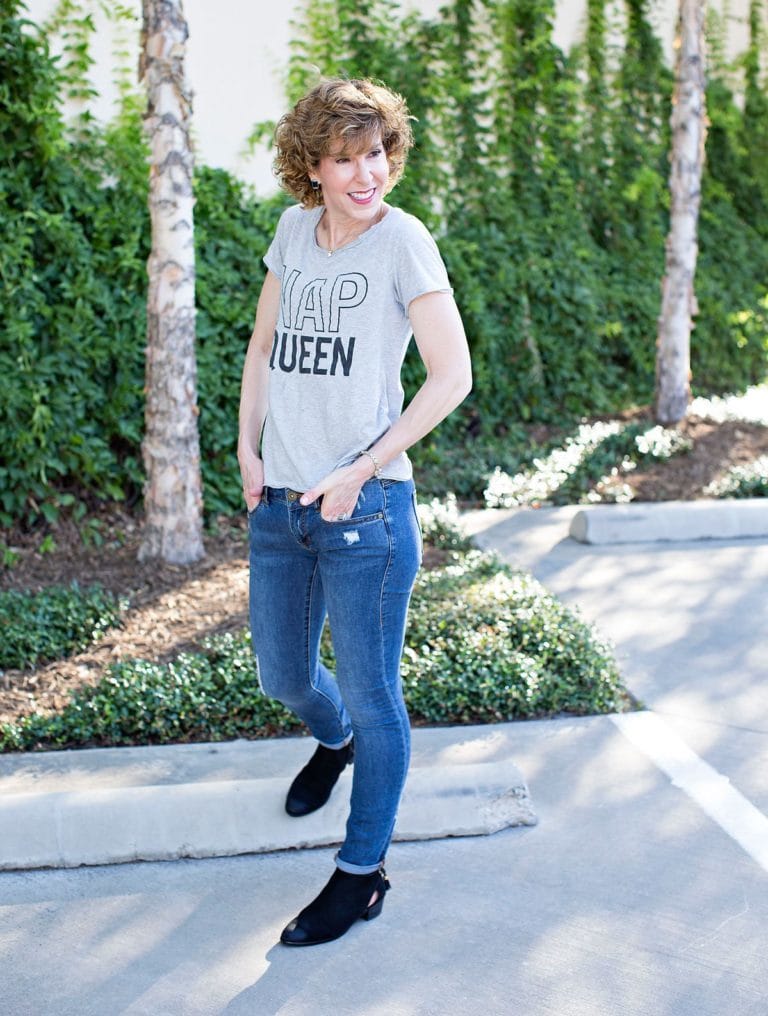
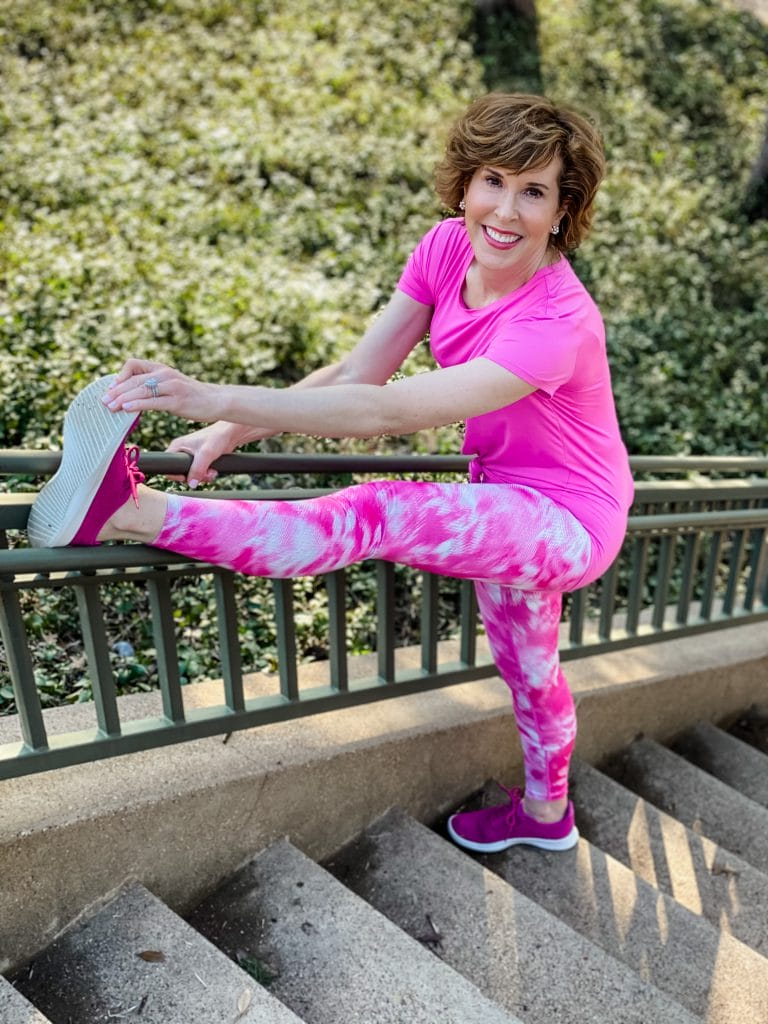

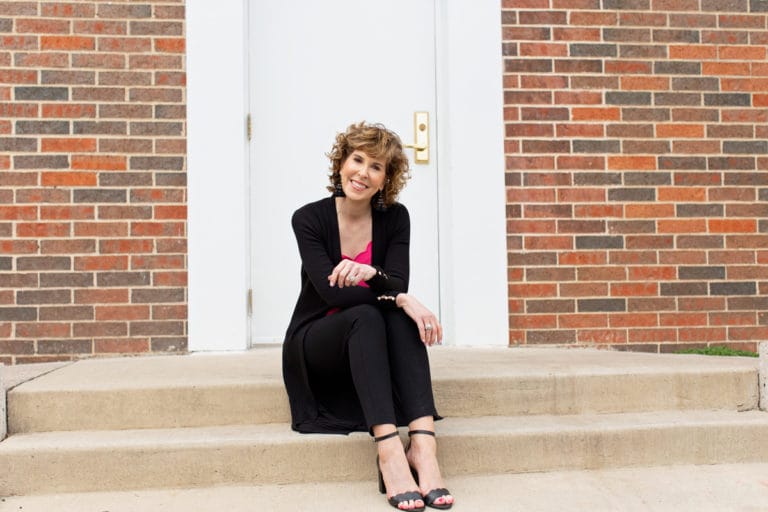
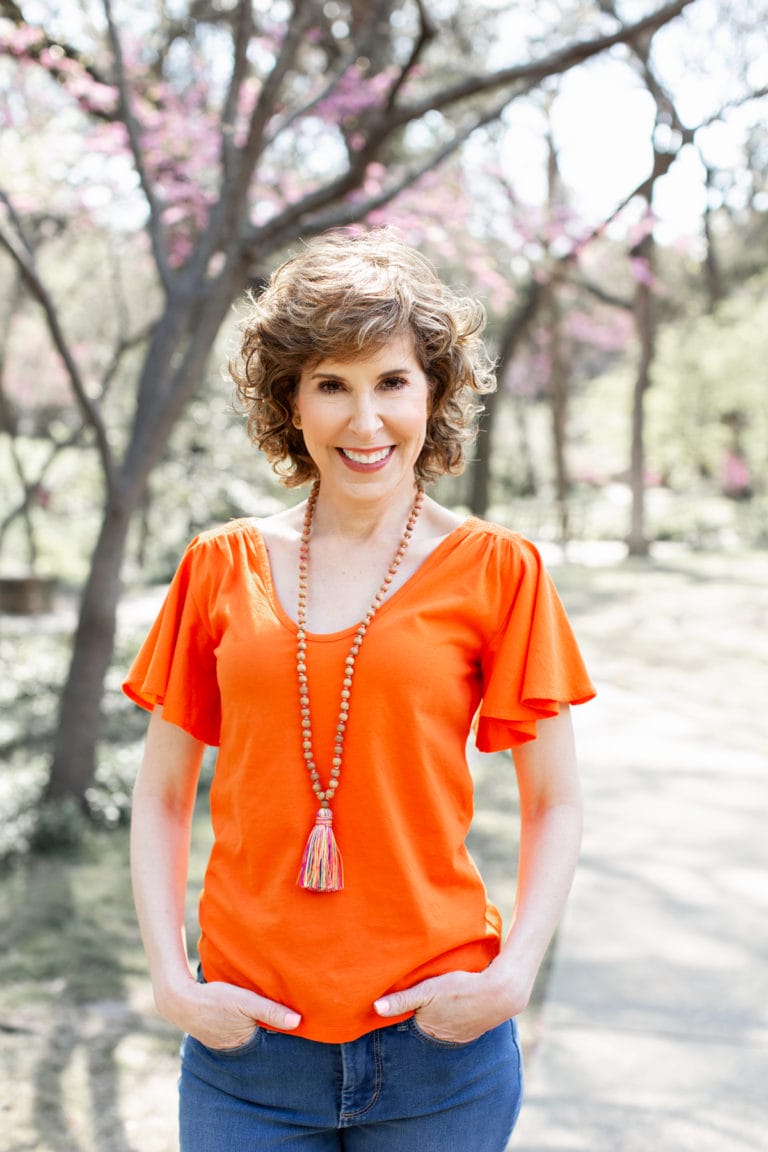

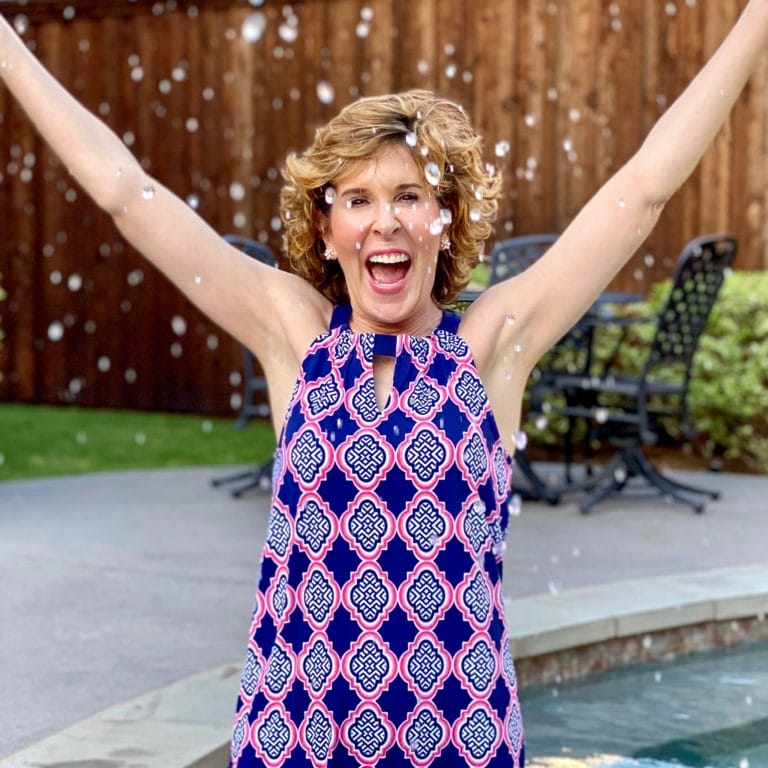








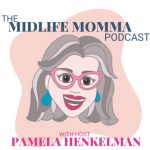

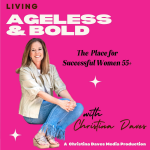



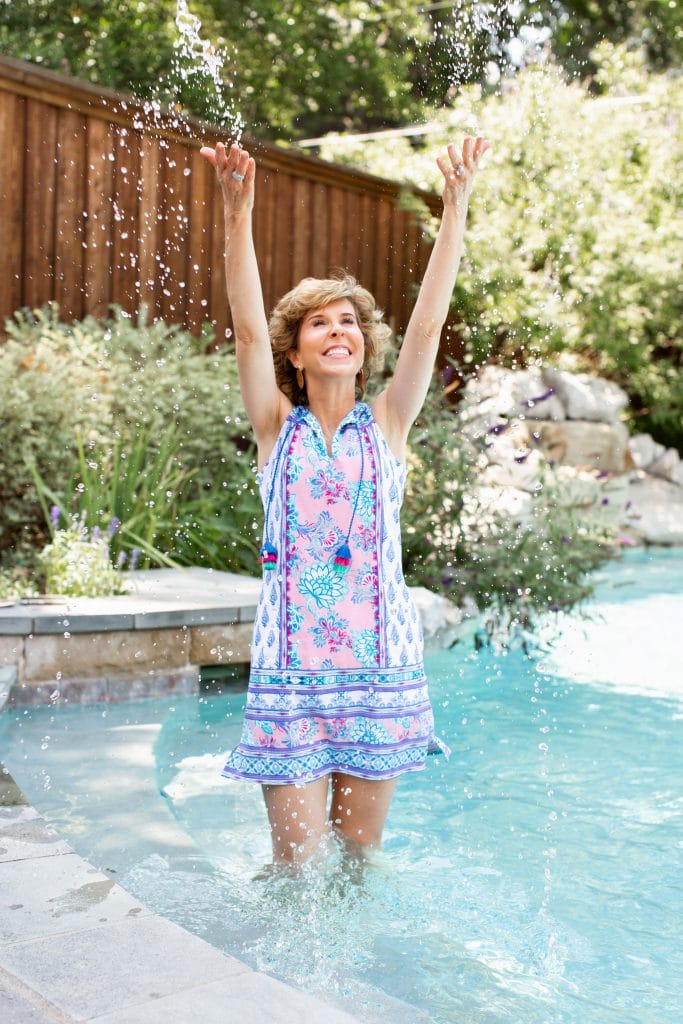

Hi Suzy-
Thank you for this post! So many great suggestions. I have ordered the pink slippers and look forward to wearing them during our long, Minnesota winters 🙂
Nancy,
They’re so cozy, and I know you’ll love them! Thanks so much for letting me know you enjoyed the post!
xoxo
Suzy
Hi Suzy,
This was an amazing read for me because my doctor just ordered a sleep test for me to see if I have menopausal sleep apnea! Your post gave me even more info than what he shared with me. I appreciate your diving into so many topics that effect us in these later years.
Best to you,
Carol
Carol,
I’m so glad I could help! I would encourage you to dive into the Sleep Foundation’s study for yourself, and you’ll probably learn even more! Here’s the link: https://www.thensf.org/sleep-in-america-polls/
I’m so sorry to hear you’re having problems, but I’m so glad you’re looking into it. Sleep apnea can be a serious condition, and getting adequate rest is critical to overall good health. You’re so smart to take your issues seriously and seek out help, Carol.
Thanks for taking the time to leave a comment!
xoxo
Suzy
Hi Suzy – I got so distracted by that darling monogram necklace you’re wearing in the pic that I skimmed for the order info first so I could get one. Thanks for including that. THEN I went back to read the content, which was really interesting. One of my favorite ways to lull myself back to sleep when I wake up in the middle of the night and my mind tries to start racing is to go through the alphabet A-Z and list the attributes of God. It relaxes me and works every time!
Carrie,
Well, THAT is a beautiful way to fall asleep. Thank you SO much for sharing that with me! I love it.
Now I’m dying to know which attributes of God you use for X, Y, and Z!
Is there a list you use that I can share?
Thanks again, and blessings to you!
xoxo
Suzy
Hi Suzy,
I always preach not to look at clock when you wake up during the night! Nice to see it on your list. Can I ask how long did it took for Bob to adjust to the Sleep Apnea aid?
As always thanks for your helpful content.
Nancy <3
Nancy,
Always so lovely to hear from you! Thanks for your kind comments and I’m so glad you liked the post! It only took Bob a few nights to get used to it, but he had dreams he was swallowing it for a couple of weeks! Now he’s fine!
xoxo
Suzy